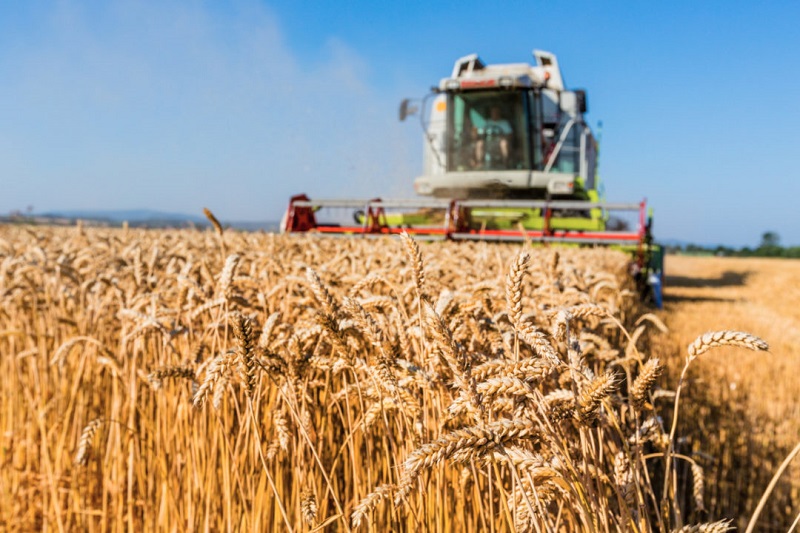The cash-strapped government of Sudan has broken its pledges to acquire the country’s wheat harvest at more favorable prices, which has put the country’s grain at risk of being wasted. Farmer Modawi Ahmed is one of the hundreds of people who have worked to cultivate the grain as part of Al-Gezira, which is the largest agricultural plan in Sudan.
“Our loans from the agricultural bank are to be repaid in wheat, in accordance with the enticing price, which was determined to be 43,000 dollars (Sudanese pound, almost 88 euros). It is necessary for one (a farmer) to register the quantity that they will supply with the bank, and the bank will then determine the quantity that it will require. After calculating the loans, the bank will decide how much each farmer is required to supply, either in bags or kilograms, over the course of a specific amount of time. And according to what we have been told, if there is a surplus, they will put it on the shelf. “Ahmed stated.
The United Nations estimates that by the month of September, more than 18 million people in Sudan, which is over half of the country’s total population, will be facing a severe food crisis. “The expansion of Russia into Ukraine, which is home to vital grain supplies, poses a danger to Sudan’s already precarious food supply situation. In the short term, we will begin to see the detrimental effects of our actions. Either people will stop utilizing pesticides and fertilizers, or they won’t be able to create or purchase either of those things.” According to Abdellatif Albouni, an agricultural researcher and farmer himself, because of the decline in the value of the Sudanese pound and the fact that farmers do not have any money, there would be a problem.
Related Posts
According to a report published by the United Nations in 2021, Russia and Ukraine supply between 70 and 80 percent of the wheat that Sudan’s local market requires. During the previous month, hundreds of wheat farmers from the Northern State of Sudan held a demonstration in front of the agricultural bank because the bank refused to take their grain.
According to economist Mohamed al-Nayer, “Given all these complications, if the Sudanese government does not understand the ramifications of these issues, there will be huge problems for the economy and the agricultural sector because farmers may refuse to cultivate wheat in the next season, which will complicate the situation even more than it already is.”
According to the estimates provided by the Food and Agriculture Organization of the United Nations, the amount of wheat that can be produced domestically will only be sufficient to meet 25 percent of the country’s requirements in 2018. (FAO).

